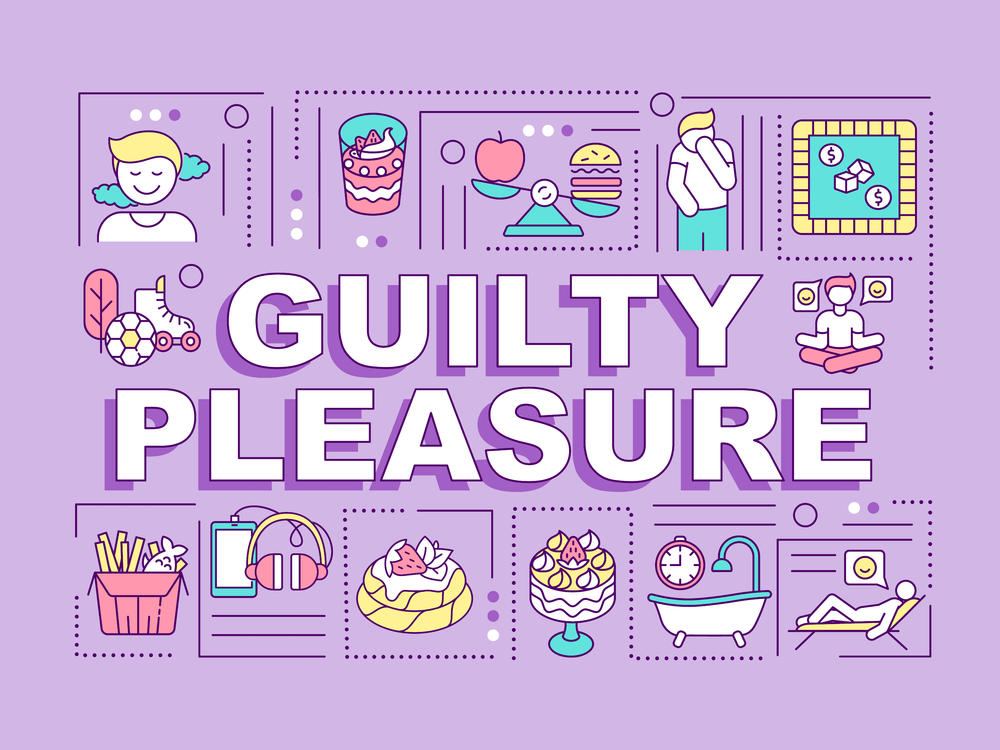Section Branding
Header Content
Here's how the brain experiences pleasure — even the kind that makes us feel guilty
Primary Content
Right now, there is a popular book series taking some corners of TikTok by storm. The Empyrean series by Rebecca Yarros has become an obsession for many readers. And it's become a guilty pleasure for some members of the team that makes up NPR's Short Wave podcast.
Okay, maybe your "thing" isn't romantasy books. But it's likely you've had at least one guilty pleasure, whether it's playing video games, reading romance novels or getting swept into obscure corners of TikTok.
Even if you don't have these negative emotions, experiencing – and studying – pleasure is not as straightforward as it might seem. For a long time, neuroscientists thought the concept of "pleasure" referred to a singular system in the brain. But as research into the subject grew, scientists realized that pleasure is really a cycle of "wanting" and "liking" – each with separate neural mechanisms.
Wanting, the first stage, activates the dopamine or reward circuits of the brain. Then, comes the liking stage. Scientists have found tiny sites in the brains of rodents that get activated in this phase. They're called hedonic hotspots. Many things can set off parts of the brain to signal the immense pleasure they bring us.
But Morten Kringelbach, a neuroscientist at the University of Oxford, notes that all pleasures are not created equally.
The take-home message from Kringelbach's years of research into pleasure is that the more fulfilling sources of joy in our lives are ones that give us meaning and connection with others.
"It's not really about moderation, and it's not really about will," he says. "It is about realizing there are many different pleasures out there ... You should share the love."
Want more on the brain? Email us at shortwave@npr.org.
Listen to Short Wave on Spotify, Apple Podcasts and Google Podcasts.
Listen to every episode of Short Wave sponsor-free and support our work at NPR by signing up for Short Wave+ at plus.npr.org/shortwave.
Today's episode was produced by Rebecca Ramirez and Berly McCoy. Rebecca also edited. Rachel Carlson checked the facts. Robert Rodriguez was the audio engineer.

